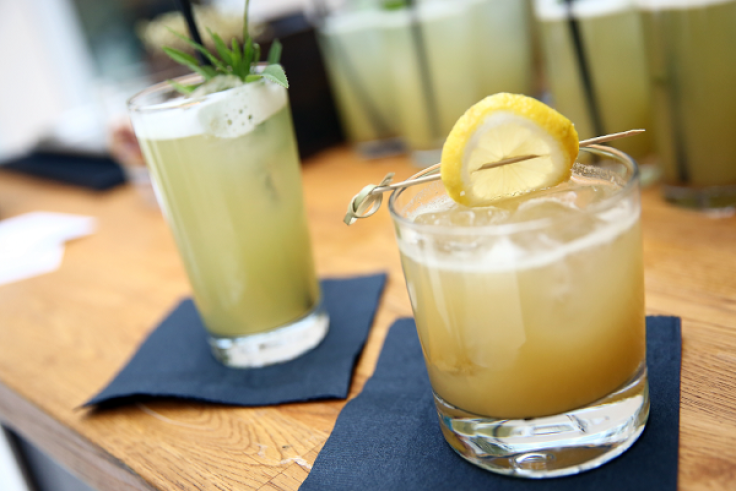Hangover Free Alcohol: Synthetic Drug Mixed In Cocktails May Eradicate Hangovers By 2050

The long days of suffering from a hangover may be a thing of the past come 2050, according to David Nutt. The former government drug advisor and neuropsychopharmacology professor at Imperial College in the United Kindom has created a synthetic drug for alcohol called alcosynth that might alleviate alcohol-induced hangovers.
Belfast: Game officially changed... hangover-free alcohol is here https://t.co/BECAIGf0fX #belfast
— National News (@ukandworldnews) September 23, 2016
Nutt has already patented about 90 different types of alcosynth, which is to be mixed into cocktails. The drug, which Nutt and his team said will work as a non-toxic replica of the positive aspects of alcohol, can be used in a variety of alcoholic beverages without affecting the taste, The Independent reported Thursday.
“It will be there alongside the scotch and the gin, they'll dispense the alcosynth into your cocktail and then you'll have the pleasure without damaging your liver and your heart,” he told the British news site. “They go very nicely into mojitos. They even go into something as clear as a Tom Collins. One is pretty tasteless, the other has a bitter taste."
If Nutt has it his way, alcosynth may potentially replace alcohol completely by 2050, which alcosynth enthusiasts believe could work wonders for health care services. Over 16.3 million adults 18 and older suffer from alcohol use disorder in the US, and alcohol claims the lives of around 88,000 American’s annually, according to the National Institute of Health. An alcohol replacement like alcosyth could also ease the economic burden alcohol has on the U.S., which accounted for $249 billion in 2010.
The effects of alcosynth, which Nutt said is the same as the feelings of intoxication, last generally just as long as typical alcohol. But the drink can eliminate the feeling of being “too drunk,” he told The Independent. So even after six drinks, consumers wouldn’t feel any more intoxicated as they felt after about four drinks since alcosynth’s potency maxes out after “about four or five drinks," according to Nutt.
Nutt is president of the European Brain Council and was chair of the UK's advisory committee on the misuse of drugs until 2009.
© Copyright IBTimes 2024. All rights reserved.












